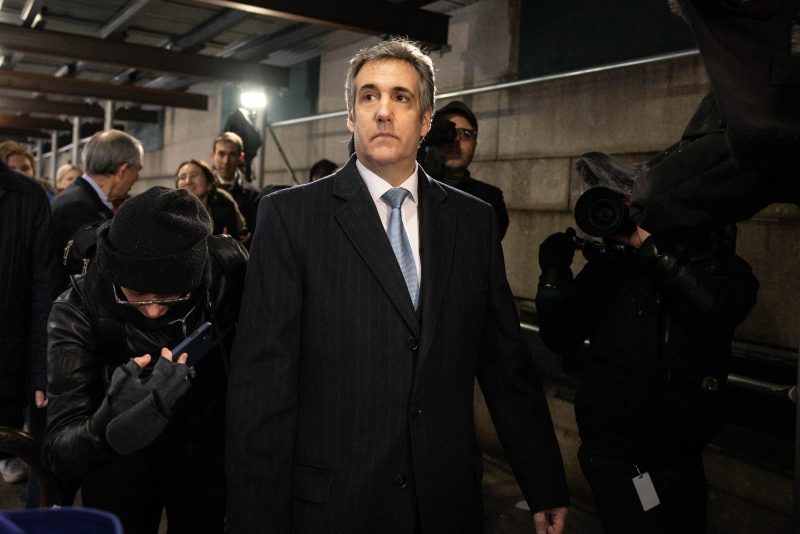In recent years, public figures facing legal troubles have often attempted to rehabilitate their image and portray themselves as reformed individuals seeking redemption. Michael Cohen, a former lawyer and fixer for Donald Trump, is one such individual who has made headlines with his claims of transformation and redemption.
Cohen’s fall from grace was swift and dramatic. Once a loyal confidante of Trump, Cohen found himself entangled in various legal issues, including pleading guilty to financial crimes and violating campaign finance laws. His cooperation with federal prosecutors led to his imprisonment in 2018. However, Cohen now seeks to distance himself from his past actions and present himself as a changed man.
The question remains: is America willing to buy into Cohen’s narrative of reform and redemption? While some may view Cohen skeptically, dismissing his claims as self-serving attempts to salvage his reputation, others may be more inclined to give him the benefit of the doubt. After all, redemption and second chances are central themes in American culture, and many are willing to forgive and empathize with those who show genuine remorse for their actions.
Cohen’s efforts at redemption are evident in his various public appearances and statements. He has expressed regret for his past behavior and acknowledged the harm it caused, both to others and himself. Additionally, Cohen has distanced himself from Trump, whom he once fiercely defended, and has been critical of his former boss’s actions and rhetoric. By speaking out against Trump and expressing contrition for his own misdeeds, Cohen is attempting to craft a new public image for himself.
However, words can only go so far in convincing the public of one’s sincerity. Actions speak louder than words, and Cohen must demonstrate through tangible deeds that he is truly committed to reform and redemption. This could involve engaging in charitable work, advocating for causes he believes in, or supporting legal reforms that address the issues he once exploited for personal gain.
Ultimately, whether America buys into Cohen’s claims of reform will depend on how genuine and consistent his efforts at redemption are perceived to be. Public opinion is often fickle, and forgiveness can be hard to come by, especially for those who have betrayed public trust. Nevertheless, if Cohen remains steadfast in his commitment to change and uses his platform to promote positive change, he may yet win over some skeptics and prove that redemption is indeed possible, even for the most unlikely of candidates.

